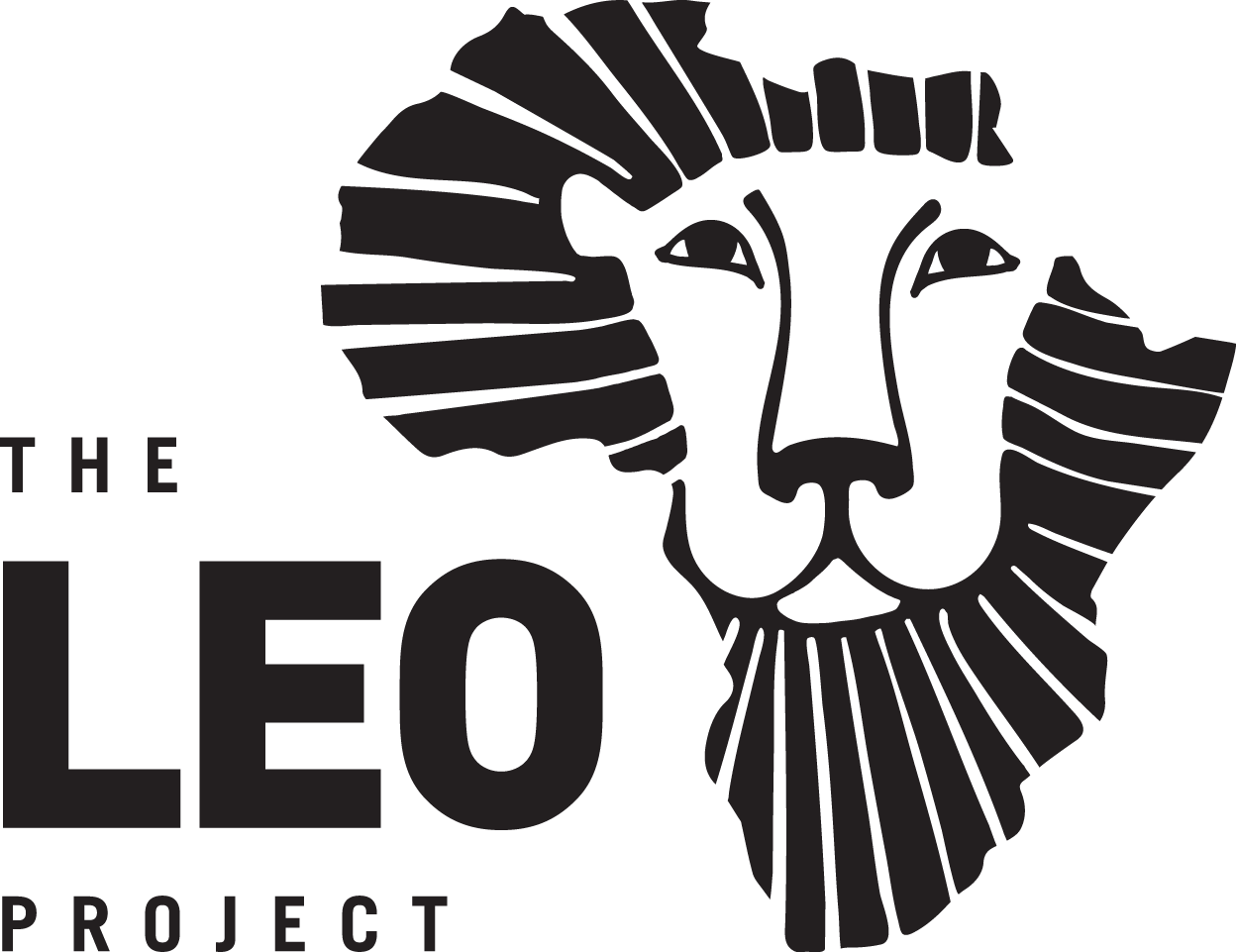Elevating Maternal and child care: Embracing a Holistic Approach
Maternal healthcare is vital for the well-being of both mothers and their newborns. At The Leo Project's (TLP) Caitlin O’Hara Community Health Clinic, our approach to maternal care goes beyond physical health, addressing emotional and societal factors that influence maternal well-being.
Under the guidance of Alice Muthoga, TLP’s nurse with over 20 years of experience, the Maternal and Child Health (MCH) program offers comprehensive care to the women and families in the communities we serve here in Laikipia County, Kenya. The MCH clinic, set up and led by Alice, offers critical services including free antenatal care (ANC), postnatal care (PNC), and child welfare clinics. This comprehensive approach is crucial for ensuring a safe pregnancy, delivery, and post-natal experience. Our services are unique in that we provide a free blood test to screen for key infections and we offer free pregnancy ultrasounds to monitor fetal wellbeing and growth.
Alice at a postnatal visit
Despite strong national efforts, Kenya has seen a rise in maternal mortality, with a 55% increase from 2017 to 2020. In 2020, the maternal mortality rate in Kenya was 530 deaths per 100,000 live births, significantly higher than the global average of 223 deaths per 100,000 live births (WHO, 2023). Most of these deaths result from preventable causes such as severe bleeding, infections, high blood pressure during pregnancy, and complications during delivery.
Antenatal care is one of the most effective ways to ensure a woman has a safe pregnancy and delivery, by identifying risks, managing health conditions, and providing health education. It includes early detection and treatment of complications and ensuring timely referrals for higher-risk cases. According to the 2022 Kenya Demographic and Health Survey, only 59% of pregnant women attended the recommended minimum of four ANC visits, while the WHO now recommends eight visits. Moreover, only 31% of women attended their first ANC visit within the first 12 weeks of pregnancy, highlighting significant gaps in early screening, interventions and education (BMC Pregnancy, 2024).
At the Clinic, we have observed remarkable increase in attendance, and adherence to ANC appointments. As Alice notes, “Initially, for all the mothers, they were going just for their first antenatal visits. But they're supposed to go for eight visits. [In July], I had one woman that completed eight visits, and another woman in August - eight visits; some seven visits, six visits, which is good.” A senior member of the county health department informed us that such a level of ANC compliance is unheard of in the county. Alice attributes this positive trend to the Clinic staff. One patient, who travels an hour and a half each way, explained, “I prefer this clinic. I receive excellent services here, which is why I come.” The client emphasized that other clinics do not offer the same level of care or continuity throughout the perinatal period as TLP.
This situation underscores the challenges that many rural health clinics struggle with, including sufficient staffing and the necessary equipment and drugs. Other significant barriers to maternal and child care that many women in Kenya face are distance to services and the cost of transportation. Equitable access to healthcare is not merely an abstract term used in high-level global meetings; it reflects the reality of a pregnant woman enduring a nearly three-hour journey to access the essential care necessary for her and her child’s health.
Here at The Leo Project, we are proud of the work we do every day to provide exceptional and compassionate care to the communities we serve. Alice, along with nurses Yvonne Wachera Mwangi and Regina Ilamwenya, and the entire clinic staff, exemplify this ethos everyday. As Alice explains, “You deal directly with the people from the community, get to know the issues they face, and look for ways to help them." She finds the experience mutually enriching, noting, "I learn a lot from them, from the experiences in the community, and their culture. And I really respect their culture."
Part of getting to know the patients is understanding more than their physical needs. A routine part of a pregnant woman’s first ANC visit at our clinic includes screening for depression using the Edinburgh Postnatal Depression Scale, an effective tool for identifying depression throughout the perinatal period (NCBI, 2021). This screening helps us uncover issues that may not be immediately visible during routine checkups, allowing us to offer more targeted and effective care. The Health Clinic’s dedicated mental health department ensures that we can provide ongoing psychosocial support and resources tailored to each patient's needs.
At our clinic, the journey with our patients doesn't end once they give birth. Instead, it marks a new chapter and the continuity of their care and the care of their newborn child. Although the Health Clinic is not equipped as a maternity ward (stay tuned for details of our planned expansion into a maternity hospital), many women return to us for postnatal care, and their continued visits speak volumes about the trust they have in the care provided to them by the Health Clinic staff.
Alice providing a check up
Reflecting on her career, Alice shared that prior to joining The Leo Project, "I reached a point where I wanted to give back to the community. I'm really happy because I have that attachment with the mothers and the babies. I actually feel part of the community." Seeing mothers and their babies thrive under our care is incredibly fulfilling. In the ongoing work to ensure that everyone has equitable access to high quality healthcare, TLP is grateful for the dedicated health workers like Alice, who do more than provide medical services, but build lasting relationships and support patients through every step of their journey.
If you would like to support our maternal and child health work, one way you can do so is by donating.




